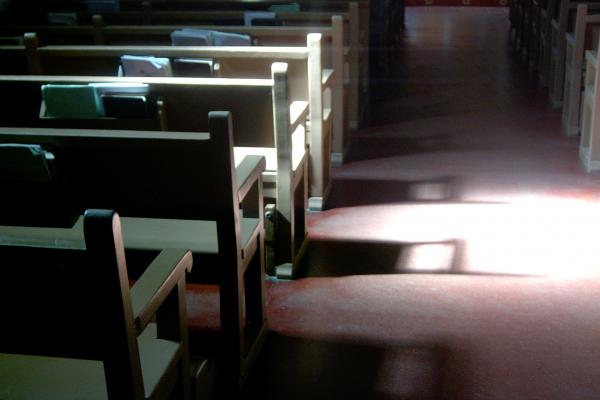New research from Pew suggests that Americans have become less likely to believe that religious institutions can play an important role in confronting social problems.
And while some of the decline in trust in religious congregations likely originates in the “rise of the nones,” or the religiously unaffiliated, that alone does not explain this crisis of confidence. This is not really a story about secularization. After all, between 2008 and 2016, both Protestants and Catholics showed double-digit declines in percentage of people who believe houses of worship contribute to social reform. The percentage decline was only slightly higher among the religiously unaffiliated.
All in all, the picture is not entirely bleak. Even taking into account the total 17 percent decline across all demographic groups, that still leaves 58 percent of people who believe that churches, synagogues, and other houses of worship contribute “a great deal” or “some” to ameliorating social ills. It’s a majority, but it’s not the 75 percent who believed as much back before Barack Obama beat John McCain in the general election.
It is also worth noting that the percentage decline differs widely between those who attend religious services weekly or more (9 percent decline), and those who attend less often (21 percent decline). Those who are more frequently involved seem less pessimistic. Nevertheless, what the two groups have in common is their growing pessimism — not a single demographic breakdown became more likely, over the course of 2008 to 2016, to believe that religious institutions can solve social problems.
Along with infrequent attendees of worship services, the young and middle-aged had especially notable declines of faith in religious institutions (20 percent for ages 18-29, 22 percent for ages 30-49).
America’s nascent pessimism about religious institutions is troubling. Eight years ago, three-quarters of the country believed churches, synagogues, and mosques had important roles to play in the broader society. Now, little more than a majority holds that view. This sudden growth of pessimism in the face of social crisis echoes a haunting comment that Robert P. Jones, author of the new book, The End of White Christian America, made at the release of a similar study by the Public Religion Research Institute back in November.
Faced then with the pattern of police violence and white America’s reluctance to engage the issue, but knowing nothing of what was to come — namely, Alton Sterling, Philando Castile, Dallas, and Baton Rouge, Jones asked, “What is the institution that’s going to bridge the racial divide?” The rhetorical question hung in the air at the time.
“I don’t know what it is,” Jones said. “It won’t be the churches.”
Sadly, more and more Americans are coming to agree.
Got something to say about what you're reading? We value your feedback!

